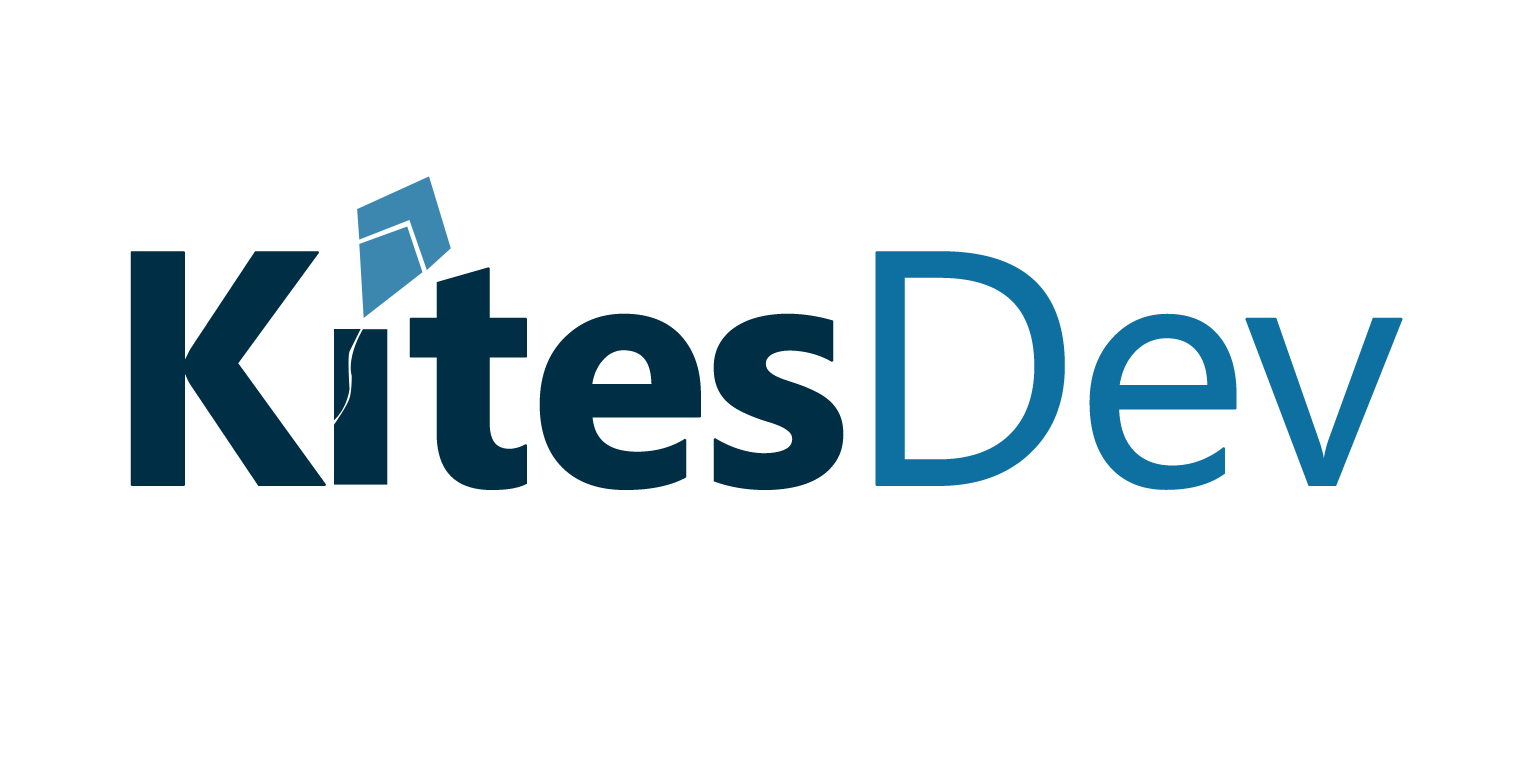How AI is Transforming Business Processes: A Look at the Impact of Automation on Different Industries
Artificial intelligence (AI) technology has been around for decades, but its impact on businesses is only now beginning to be fully felt. As businesses continue to digitize their operations, AI is being deployed to automate a wide range of processes. This automation is having a profound impact on the way businesses operate, from streamlining operations to improving customer experiences. In this article, we’ll take a look at how AI is transforming business processes and what the impact of automation is on different industries.
The Benefits of Automating Business Processes with AI
Automation has long been used to reduce errors and speed up the completion of tasks in many sectors, from manufacturing to finance. AI has made automation even more powerful. AI-powered automation can enable businesses to make decisions faster, process large amounts of data in real-time, and enable more accurate predictions. It can also help businesses to identify inefficiencies and weak points in their operations.
The potential benefits of AI-driven automation are vast and go beyond simply streamlining operations. Automation can help to improve customer experiences, increase customer loyalty, and reduce costs by reducing the need for human labor. By automating mundane and repetitive tasks, businesses can free up their staff to focus on more creative and meaningful work.
The Impact of AI Automation on Different Industries
AI is having a profound effect on a wide variety of industries. In the retail sector, for example, AI-driven automation is being used to improve customer service and to streamline supply chain management. AI is also being used to automate stock management, enabling businesses to ensure that the right products are in the right place at the right time. AI-enabled chatbots are also being used to provide customers with personalized experiences, as well as to answer customer queries quickly and accurately.
In the manufacturing sector, AI-driven automation is being used to reduce errors and increase safety. Automated robots are being used to automate repetitive tasks and to reduce the need for manual labor. AI-driven automation is also being used to monitor production processes and to identify potential inefficiencies and weak points in the production line.
AI-driven automation is also being used in the financial sector to reduce errors, improve customer service, and to automate data analysis. AI-enabled chatbots are being used to provide customers with personalized experiences, as well as to answer customer queries quickly and accurately. AI is also being used to automate the analysis of financial data, enabling businesses to make more informed decisions.
Conclusion
AI-driven automation is having a profound impact on businesses across a wide range of industries. By automating mundane and repetitive tasks, businesses can improve customer experiences, increase customer loyalty, and reduce costs. AI-driven automation is also being used to identify inefficiencies and weak points in operations, enabling businesses to become more efficient and agile.




